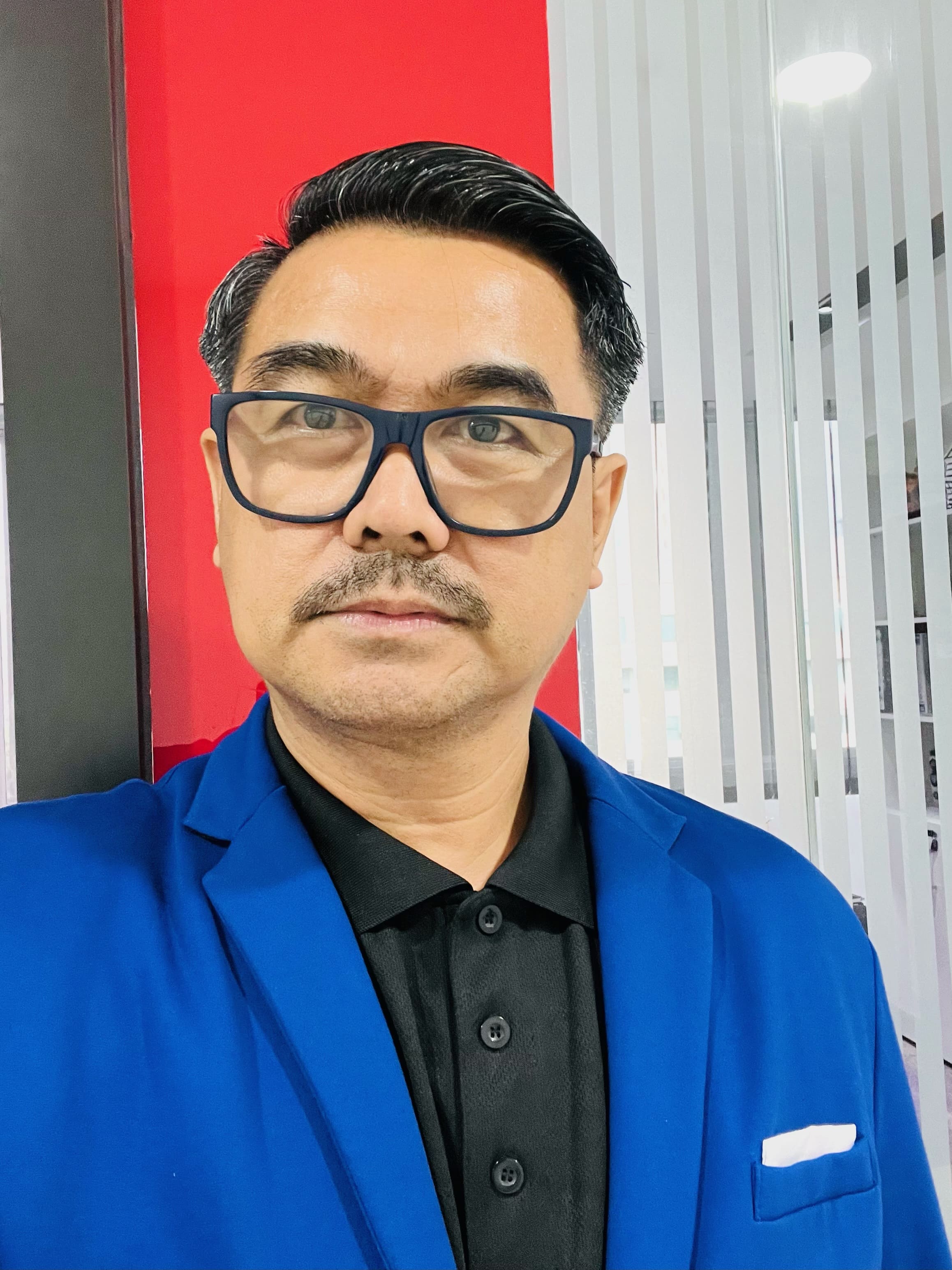Quality is a relative term. It connotes a spectrum of meanings, ranging from “quality” of students admitted into the program to the caliber of academic staff and the availability of resources to support teaching and learning activities, among others. This relative nature of “quality” deserves attention in order to concretize parameters and standards that will define quality in a more objective and encompassing lens, especially in the context of higher education in the Gulf. The main objective of this workshop is to explore the quality of higher education in the Gulf Cooperation Council (alternatively referred to as “Gulf” or “GCC” in this paper) countries, namely the Kingdom of Bahrain, Kingdom of Saudi Arabia, State of Kuwait, State of Qatar, Sultanate of Oman, and the United Arab Emirates. In particular, the workshop will address the following theoretical pursuits: 2 1) What is “quality” from the eyes of key policy and decision-makers, academics, and students in higher education institutions (HEIs) as well as the industry (i.e., employers) in the Gulf? 2) How does the international community view the quality of HE in the Gulf? What are their bases for such assessment? 3) What is the impact of global outlook on the quality of HE in the Gulf? 4) What management models can explain quality HE in the Gulf? Is there an ideal model that will fit across the Gulf HEIs? 5) How is quality education in higher education (HE) promoted and nurtured in the Gulf? 6) How can quality HE be tailored in the light of endogenous and exogenous circumstances and expectations from the “insiders” and the “outsiders”? 7) Are the Gulf HEIs ready for globalization of HE? 8) Is HE in the Gulf at par with the global standards of HE? 9) How should quality of HE in the Gulf be managed and driven towards sustainability? 10) What is the future of HE in the Gulf – quo vadis?
3 DAYS / 12 Workshops
MORE THAN 300 ACADEMIC PAPERS
Quo vadis is a term that heralds the future. In particular, it stimulates critical and reflective
thinking as contextualized in HE in the GCC. This workshop leaps into the future as the
participants examine the dialectical tension between the current scenario and the ideal
prospects for HE in the Gulf region. Answers to the preceding questions are uncertain, and
more questions could be deciphered at the horizon that necessitate this workshop:
• Can the public and the stakeholders be assured of quality in HE in the Gulf?
• What lies ahead in HE in GCC?
• What factors can rationalize the quality of HE in the Gulf?
• What are the metrics and key performance indicators (KPIs) that can improve the quality
of HE in the GCC?
Quality is an embedded element of HE worldwide. It is a requirement that every HEI
endeavors to achieve sustainable development. As conceived by UNESO (2017);
Education is a public good, a fundamental human right and a basis for guaranteeing
the realization of other rights. It is essential for peace, tolerance, human fulfilment
and sustainable development. We recognize education as key to achieving full
employment and poverty eradication. We commit to quality education and to
3
improving learning outcomes, which requires strengthening inputs, processes and
evaluation of outcomes and mechanisms to measure progress. Quality education
fosters creativity and knowledge, and ensures the acquisition of the foundational
skills of literacy and numeracy as well as analytical, problem-solving and other
high-level cognitive, interpersonal and social skills (pp. 6-7).
Over the years, HEIs in the Gulf have embraced quality in the delivery of programs and
services. One evidence to support this claim is the substantial improvement of the Gulfbased HEIs in global rankings. For instance, in the World University Rankings 2018, 12
HEIs from the Gulf have achieved the top 1000 positions while 18 of them were included
in the QS World University Rankings 2018. Despite this performance, however, a closer
scrutiny of each GCC country in the said surveys shows that more work is needed in order
to fortify the performance of the said HEIs. Of the six GCC countries, Saudi and United
Arab Emirates posted the highest number of “global universities” in both rankings while
the rest had one HEI in the top spots. Although these rankings are not absolute measures
of “quality”, it is imperative that key players in HE and HEIs have to engage more actively
in their efforts for continuous improvement and quality assurance initiatives.
Apparently, without quality, HEIs may be said to have failed in their raison d’etre. This
creates a huge gap in research and in HE management and as such, it is imperative that a
global forum be conducted in order to thresh out macro and micro factors that interweave
with quality HE in the context of GCC. There are several potential factors that may be
relevant. These include, for instance the embeddedness of approaches to ensure quality HE,
which could be defined as the degree to which the whole institution works to implement
and evaluate approaches that promote excellence. Questions can be asked as to whether the
approach itself articulates a clear vision that can be translated into action; and if it draws
upon evidence-based strategies that are proven to achieve the best possible student
outcomes. It can be considered whether any approach identified is outward facing and
highlights the importance of engagement between HE and industry. There is a need to
identify how teaching excellence is best recognized and rewarded through institutional
cultures within the GCC. Finally, it should be considered how quality HE in the GCC
should encourage students to be active participants within their own education; and to work
to not only obtain their qualification but also contribute to the culture of teaching and
learning excellence within an institution.

